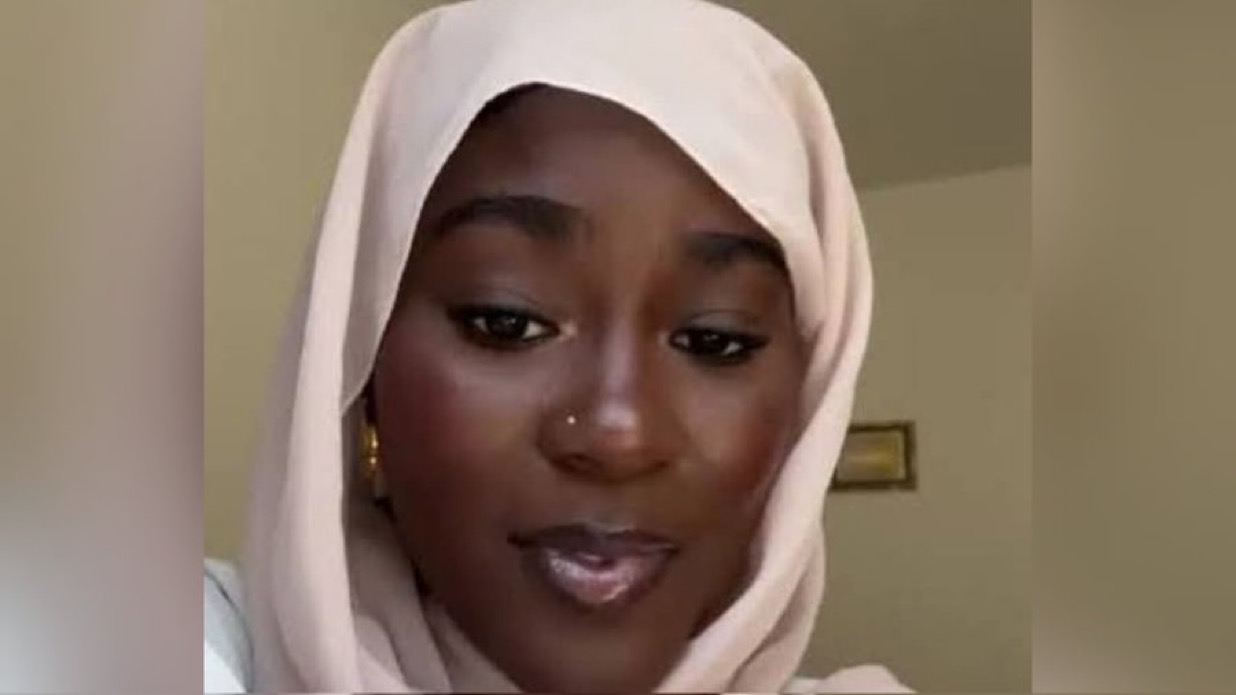News | Events | Digital PR | Advertising
Zamfara Woman Faces Death Sentence After Converting to Christianity

A 22-year-old woman, Zainab Muhamadu, is facing a possible death penalty in Zamfara State after being accused of apostasy — the act of renouncing Islam — following her conversion to Christianity.
Zainab reportedly embraced Christianity after building a spiritual connection with a National Youth Service Corps (NYSC) member, identified as Pastor Samuel, who was posted to her local community. Her decision to convert was said to be voluntary and driven by a growing personal faith. However, her conversion soon led to her arrest by local authorities, and she is now scheduled to appear before a Sharia Court on Friday. Under Sharia law, which is enforced in several northern Nigerian states, apostasy is considered a serious offense that can carry a death sentence unless the individual recants within a specified period.
Family members say Zainab is being pressured to renounce her new faith or face capital punishment. Human rights advocates are closely monitoring the case, citing concerns over freedom of religion and personal liberty.
The case has sparked renewed attention on Nigeria’s blasphemy and apostasy laws, particularly in states governed by Sharia law. In April, Dr. Ibrahim Jalingo, Chairman of the Council of Ulama, reiterated his support for the death penalty in such cases, referencing a Hadith that reads, “Whoever changes his religion, kill him.” He made the statement in response to ongoing criticism of Islamic jurisprudence by religious reform advocates.
Zainab’s case echoes similar controversial incidents in northern Nigeria. In 2020, a Sharia Court sentenced gospel musician Yahaya Sharif-Aminu to death for alleged blasphemy shared via WhatsApp. That same year, 16-year-old Umar Farouk was sentenced to 10 years in prison for making remarks deemed offensive to Islam during a quarrel. the outcome of Zainab’s trial may further test the balance between religious freedom and Sharia-based governance in Nigeria.
Explore more
Tiwa Savage Marks Triumphant Return with New Album “This One Is Personal” After Five-Year Hiatus
After a long wait, Nigerian music superstar and queen of Afrobeats, Tiwa...
Scientists Research Nigeria’s Okra, Maize, Four Other Crops During NASA’s Space Mission
International astronauts will research six indigenous Nigerian crops and seeds during the...
Tinubu appoints Omotenioye Majekodunmi as Director-General of National Council on Climate Change
President Bola Ahmed Tinubu has appointed Mrs. Omotenioye Majekodunmi as the new...
Tinubu Extends Tenure Of The Comptroller-General Of Customs By A Year
President Bola Tinubu has approved a one-year extension of the tenure of...












Leave a comment